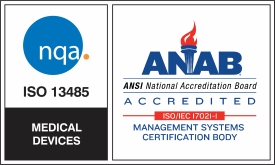|
Share your knowledge of this product. Be the first to write a review »
|
- Company Info
- About Us
- Contact Us
- Privacy Policy
- My Account
- Login / Register
- Shopping Cart
- Order Status
- Site Maps
- Product Index
- Category Index
- Customer Service
- Help/FAQ
- Shipping & Deliveries
- Returns & Exchanges


